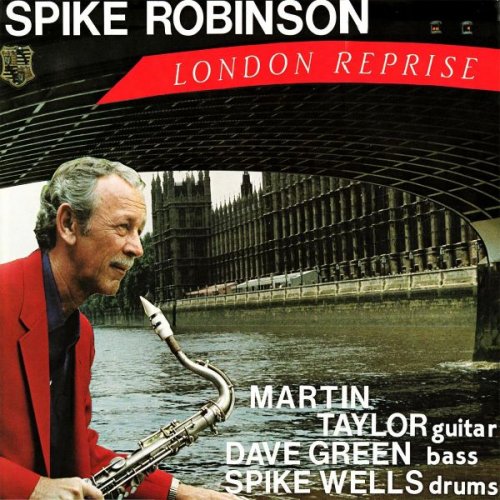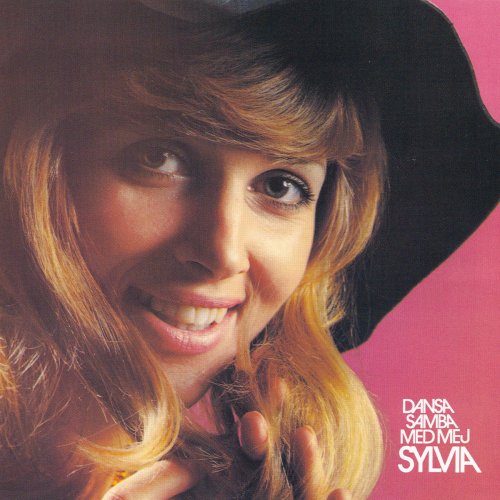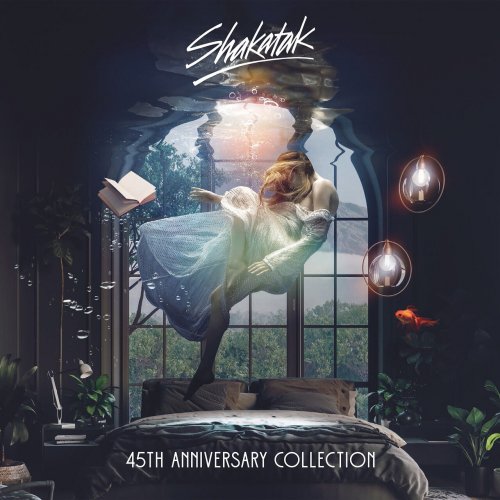Delta Saxophone Quartet & Gwilym Simcock - Crimson! (2016)
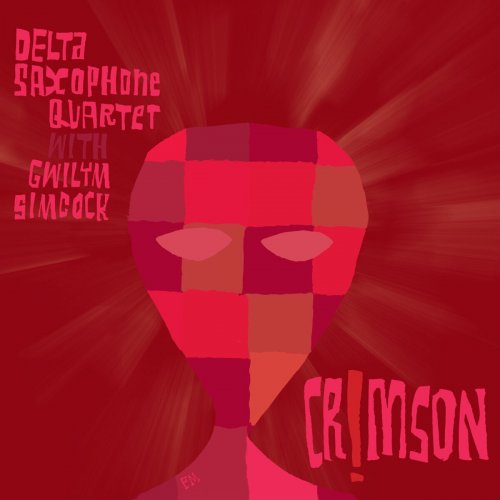
Artist: Delta Saxophone Quartet, Gwilym Simcock
Title: Crimson!
Year Of Release: 2016
Label: Jazzcds
Genre: Jazz
Quality: FLAC (tracks)
Total Time: 44:18
Total Size: 234 MB
WebSite: Album Preview
Tracklist:Title: Crimson!
Year Of Release: 2016
Label: Jazzcds
Genre: Jazz
Quality: FLAC (tracks)
Total Time: 44:18
Total Size: 234 MB
WebSite: Album Preview
01. A Kind of Red (8:52)
02. Vrooom / Coda: Marine 475 (6:19)
03. The Night Watch (8:43)
04. Dinosaur (10:59)
05. Two Hands (4:37)
06. The Great Deceiver (4:48)
The Delta Saxophone Quartet's Chris Caldwell and pianist Gwilym Simcock first met at the Europa cup match between Stoke and Dynamo Kiev. From here, it was only a small step to commissioning Simcock as one of two composers for the quartet's 30th birthday in 2014. They found common ground in the music of King Crimson. The quartet had explored Soft Machine, another 1970s progressive rock act, on an earlier project and Simcock worked with Bill Bruford early in his career. The commission naturally evolved in to a complete set of Crimson-inspired music, premiered in Milan and receiving its UK debut at the Guildford Festival in March 2015. Whilst the classical saxophone quartet might be an unfamiliar ensemble to some in the jazz audience, this group has long been one of the most adventurous of its kind. They are a commissioning group, and have long worked with material from outside the classical world. A commission from Gavin Bryars that, in the words of Chris Caldwell, 'stretched the group musically and in terms of technique' was later picked up by the ECM label and recorded by leading jazz saxophonists including Stan Sulzmann and the late Ray Warleigh. In Australian soprano player Graeme Blevins and Whyman, the quartet includes impressive improvisers. Simcock works across musical worlds, bringing classical composition techniques and improvisation together. His music brought fresh challenges to the ensemble, both in terms of the rhythm and 'feel' of the music. The rhythmic quality in his piano playing, along with a restless energy and a sense of joyfulness, all provided fresh perspectives. The nature of the project necessitated a different approach to recording that proved very fruitful. Rather than simply finding a suitable ambient space and recording the works as performed, this process involved separation and overdubbing, with the most improvised and interactive sections recorded at Curtis Schwartz's studio, where Simcock also set down his final piano parts.
Download Link Isra.Cloud
Delta Saxophone Quartet - Crimson! FLAC.rar - 234.3 MB
Delta Saxophone Quartet - Crimson! FLAC.rar - 234.3 MB
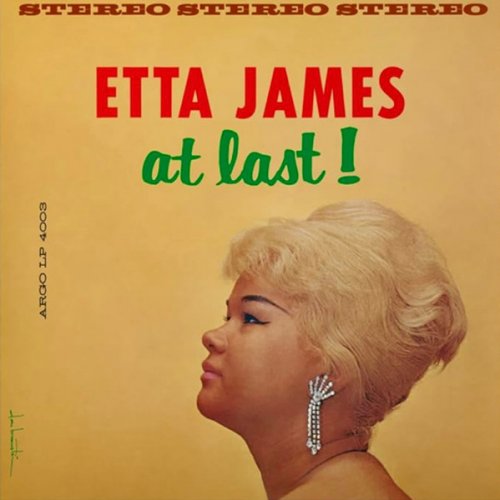


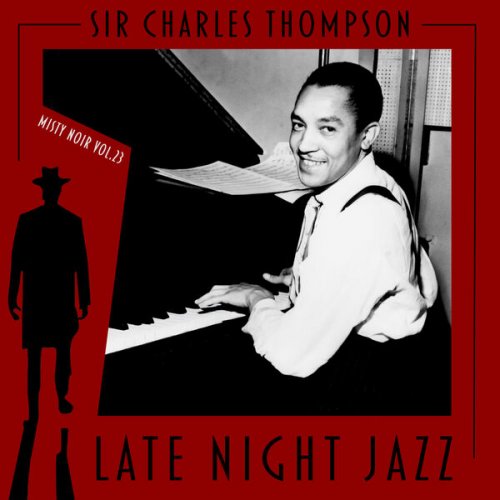
![Mateus Asato - ASATO (2026) [Hi-Res] Mateus Asato - ASATO (2026) [Hi-Res]](https://www.dibpic.com/uploads/posts/2026-02/1772112407_egqdz3e9dom2b_600.jpg)
